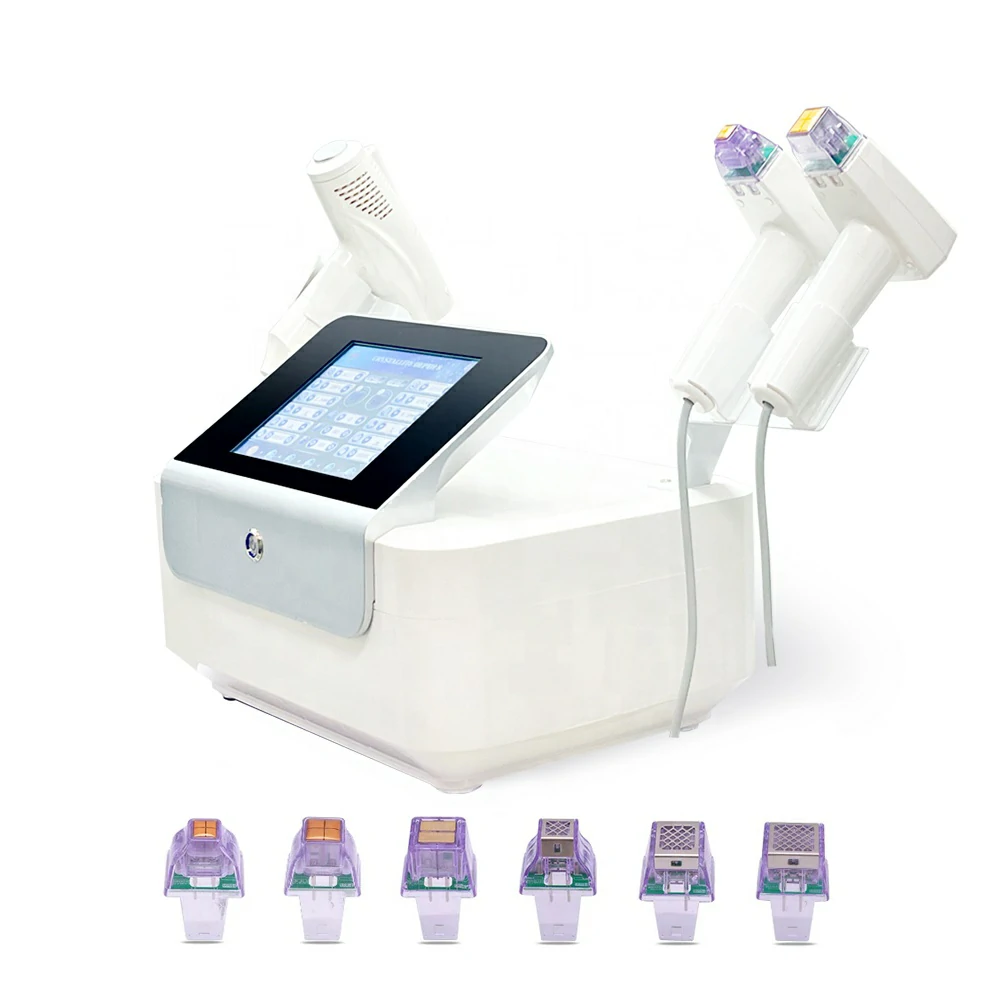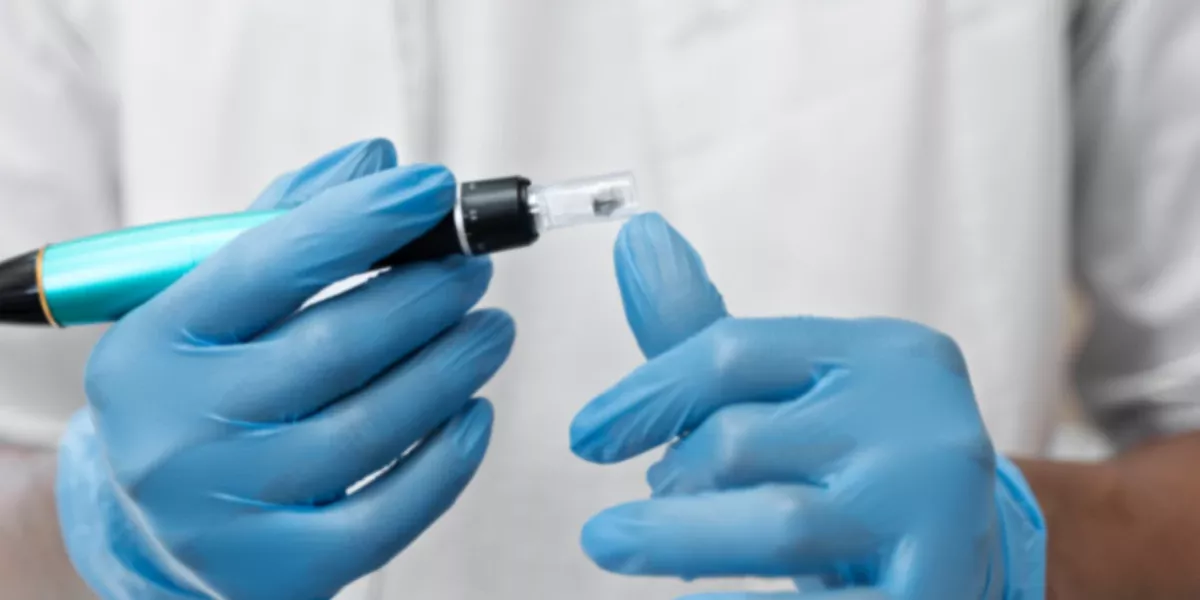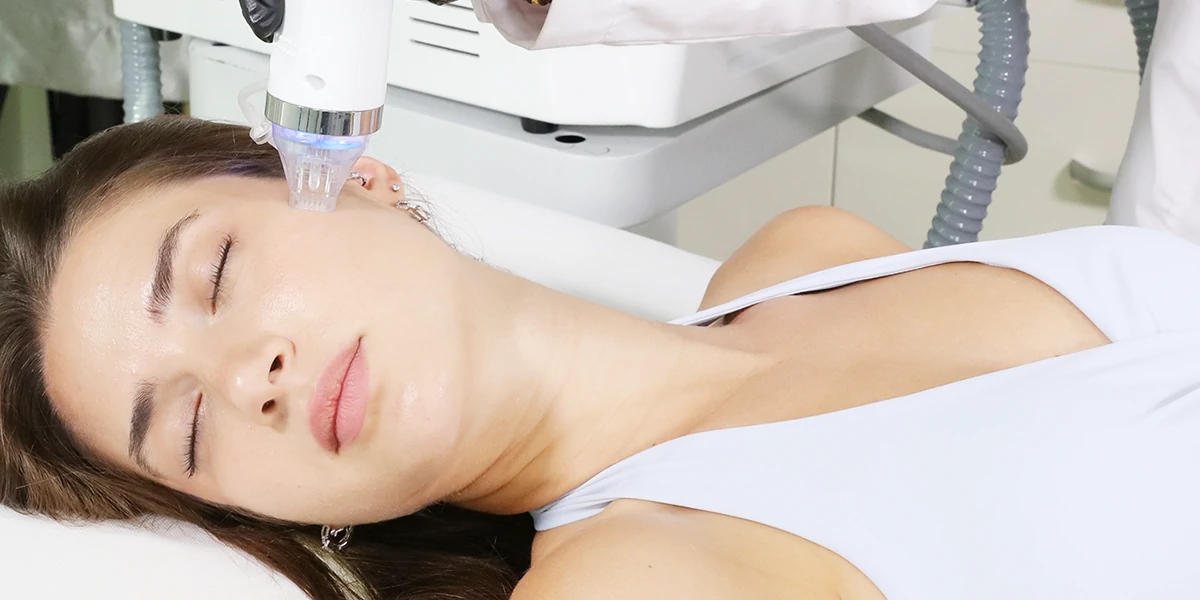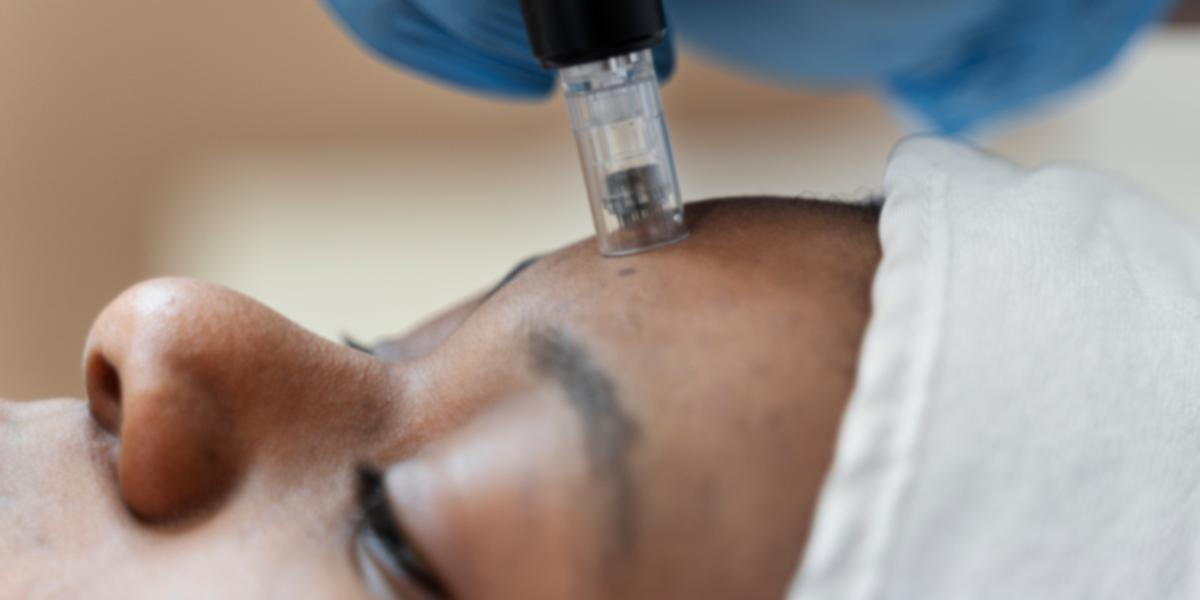Blog
How to Tighten Loose Skin After Weight Loss: A Complete Guide
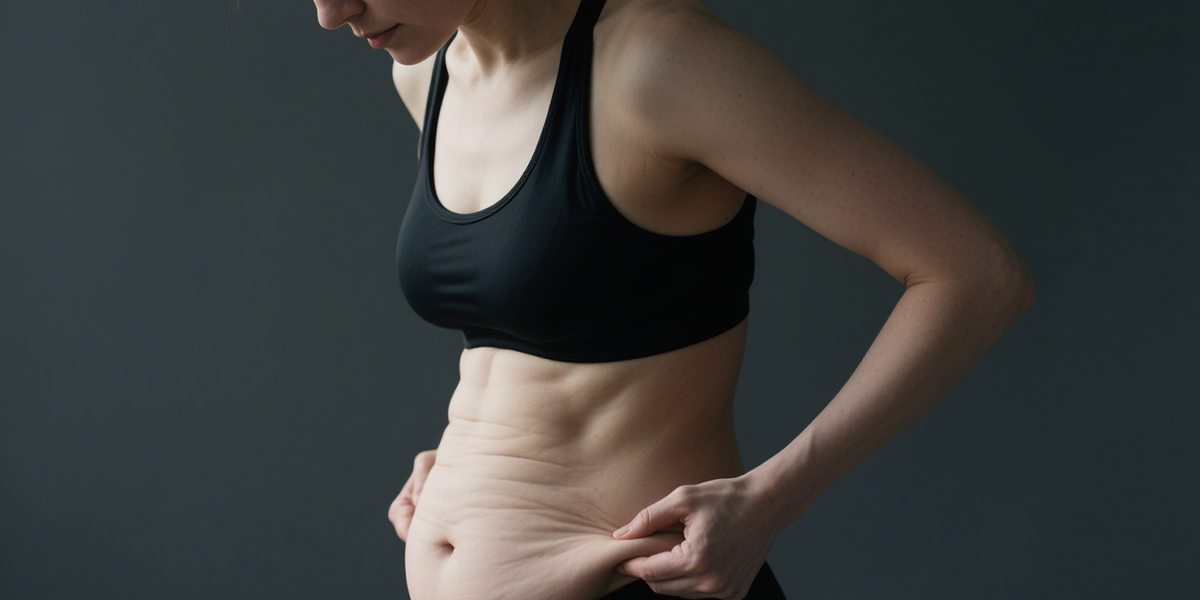
Congratulations on achieving your weight loss goal! It’s a remarkable accomplishment that brings incredible health benefits. However, as you enjoy your new, more energetic self, you might be facing a frustrating new challenge: loose, sagging skin. This common issue can affect not just your appearance, but your self-confidence as well.
You’re not alone in this, and the good news is that it’s a solvable problem. This article will serve as your ultimate guide, breaking down the science behind loose skin and providing a complete roadmap of solutions—from natural methods to cutting-edge technology—to help you look and feel your absolute best.
The Science of Loose Skin: Why Does It Happen?
Think of your skin as a biological elastic band. Its ability to stretch and snap back depends on two critical proteins in the dermis (the middle layer of your skin): collagen, which provides structure and firmness, and elastin, which provides elasticity.
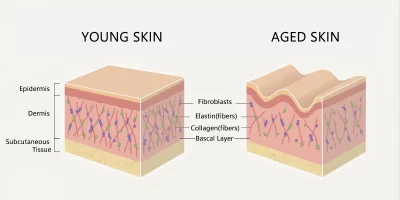
When you carry excess weight for an extended period, your skin is forced to stretch. After significant and often rapid weight loss, these overstretched collagen and elastin fibers can lose their ability to retract fully, resulting in sagging. Several factors can influence the severity of this:
Length of Time: The longer you carry excess weight, the more your skin stretches. Over time, this can lead to a loss of elasticity, making it challenging for your skin to bounce back.
Amount of Weight Loss: According to a study in the journal Obesity Surgery, individuals who lose over 30% of their body weight, or roughly 70 lbs (31.8 kg), have a significantly higher likelihood of experiencing noticeable loose skin.
Age: As we age, our bodies naturally produce less collagen, reducing the skin’s inherent firmness and ability to bounce back.
Genetics: Your genetic makeup plays a significant role in how your skin responds to weight changes.
Sun Exposure: Prolonged sun exposure can damage the skin and reduce its ability to maintain elasticity.
Smoking: Smoking accelerates skin aging and can worsen the appearance of loose skin.
Problems Caused by Excess Loose Skin
Loose skin can lead to various issues that go beyond cosmetic concerns. Here are some potential problems:
Physical Discomfort:Excess skin can cause chafing and rashes, leading to physical discomfort.
Emotional Discomfort:Many individuals experience feelings of self-consciousness or embarrassment due to their appearance.
Decreased Physical Activity:Studies show that excess skin can limit mobility and discourage physical activity, leading to a sedentary lifestyle. Research highlights the negative effects of decreased activity on overall health.
Skin Irritation and Breakdown:Loose skin can lead to irritation and even breakdown, as noted in clinical studies.
Body Dissatisfaction:Many individuals struggle with body image issues due to the presence of loose skin.
How to Tighten Loose Skin After Weight Loss?
Skin Natural Methods (Best for Mild Laxity & Maintenance)
Build Muscle with Resistance Training
Engage in strength training (e.g., weightlifting, Pilates) 2-3 times per week. Building lean muscle mass helps to fill out the space beneath the skin, creating a firmer, more toned appearance from the inside out.
Optimize Your Diet & Hydration
- Quality Protein: Consume lean meats, fish, and legumes to provide the amino acids necessary for building new collagen.
- Vitamins C & E: Citrus fruits, nuts, and leafy greens are powerful antioxidants that protect skin and are essential for collagen synthesis.
- Omega-3 Fatty Acids: Fatty fish and flaxseeds help improve skin elasticity.
- Hydration: Drink at least 8 glasses of water daily to keep skin cells plump and hydrated.
Use Targeted Moisturizers
Look for body creams containing ingredients like hyaluronic acid, retinoids, or peptides. With consistent use, these can help improve skin texture and firmness over time.
High-Impact Non-Surgical Treatments (Best for Moderate Laxity)
When natural methods aren’t enough, non-invasive technologies offer a powerful next step. They work by stimulating deep collagen production to address the root cause of sagging.
Radio Frequency (RF) Skin Tightening
RF technology uses energy waves to gently heat the dermal layer of the skin. This heat triggers an immediate contraction of existing collagen fibers and stimulates the body to produce new, healthy collagen over time.
Tingmay’s Solution: For a comfortable and comprehensive treatment, our Tingmay 448K RF Device uses advanced non-invasive technology for quick sessions with minimal to no downtime.
Advanced RF Technology
Multi-Functional
Non-Invasive Treatment
Quick Treatment Sessions
Long-Lasting Results
Minimal Side Effects
The Advanced Option: If you also have texture concerns, the Tingmay RF Microneedling System combines two powerful treatments into one for superior tightening and rejuvenation.
Fractional RF Technology
Customizable Depths
Minimally Invasive
Safe for All Skin Types
Multiple Treatment Tip
Clinically Proven
High-Intensity Focused Ultrasound (HIFU)
HIFU delivers focused ultrasound energy even deeper than RF, reaching the SMAS layer—the same foundational layer addressed in a surgical facelift. This results in a powerful, deep-level lift and tightening.
Tingmay’s Solution: Our Tingmay HIFU Non-Surgical Lifting System features multi-depth cartridges for customized treatments, targeting sagging precisely where it starts.
Ultrasound Technology
Multi-Depth Treatment
Fast, Efficient Treatment
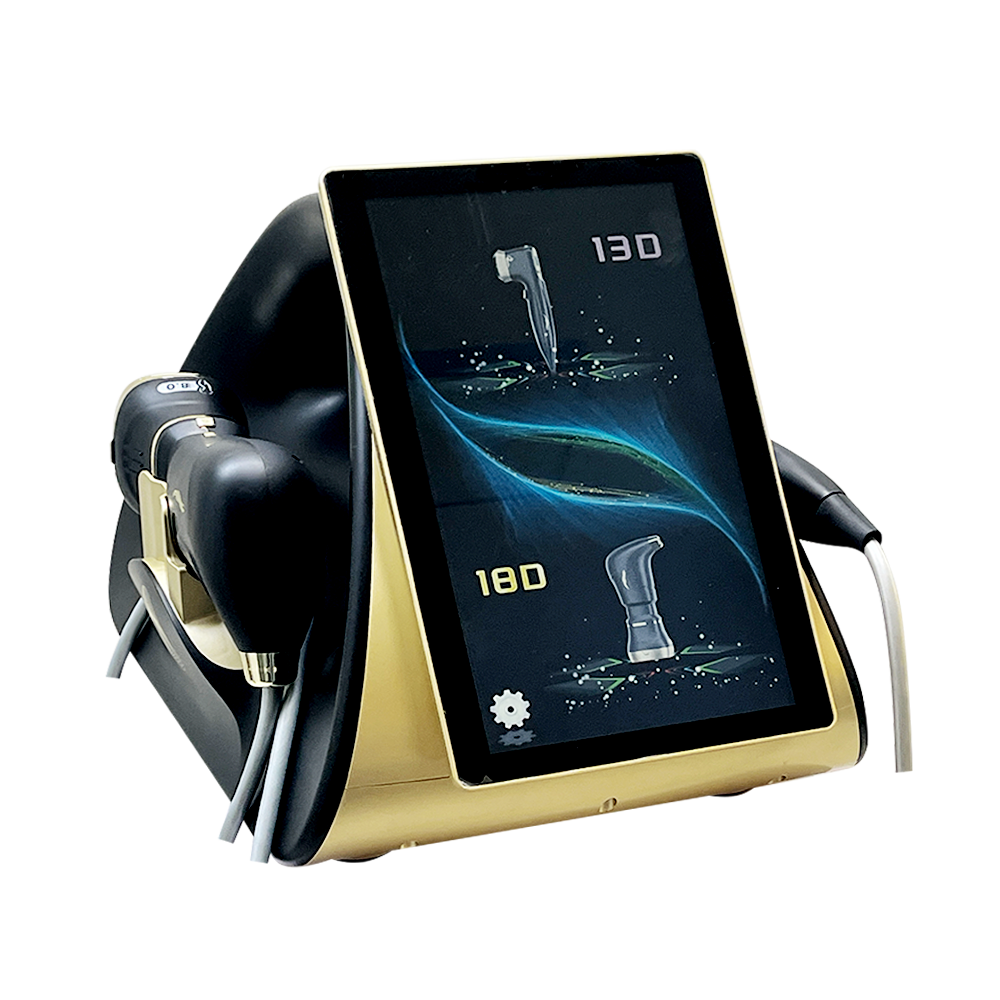
Non-Surgical Skin Lifting
Tighten and Smooth Skin
Trusted by Professionals
Surgical Options (For Severe Laxity)
For individuals with a large amount of excess skin after extreme weight loss, body-contouring surgery (e.g., abdominoplasty, brachioplasty) is the most definitive solution. However, it’s crucial to consult with a board-certified plastic surgeon to understand the significant risks, costs, and lengthy recovery periods involved.
Which Skin Tightening Method is Right for You?
So, which is the best skin tightening method for you? It depends on your severity level, desired results, and tolerance for downtime. Below we compare the three main approaches—from gentle natural methods to advanced surgical solutions—to help you make an informed decision based on your individual needs and goals.
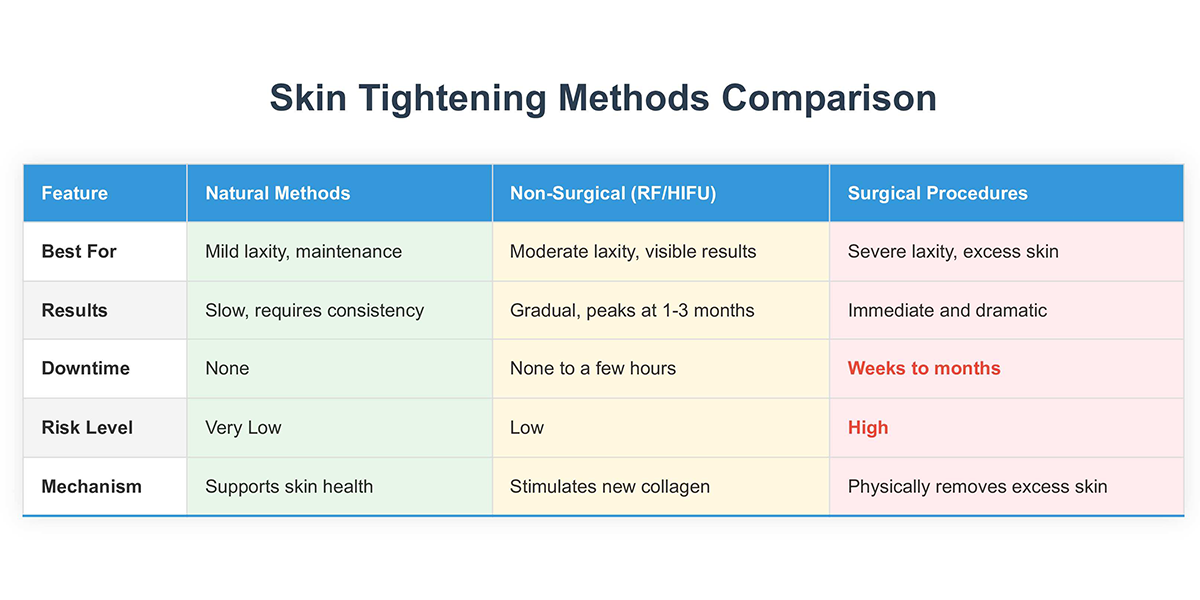
Conclusion: Your Next Step Towards Firmer Skin
Loose skin after weight loss is a challenge that can be overcome. The key is to choose a strategy—or a combination of strategies—that aligns with your degree of skin laxity, lifestyle, and goals.
For the vast majority of people, combining a healthy, natural lifestyle with effective and safe non-surgical treatments like Radio Frequency or HIFU offers the best of all worlds. This approach delivers significant, lasting results without the risks and downtime of surgery.
Ready to start your skin transformation journey?
- Learn More:Explore our Ultimate Guide to Non-Surgical Skin Tightening to see which technology is perfect for you.
- Get Expert Advice:Contact our team today for a free, personalized consultation.
What has your experience been with tightening skin after weight loss? Share your story or ask a question in the comments below—we’d love to hear from you!


